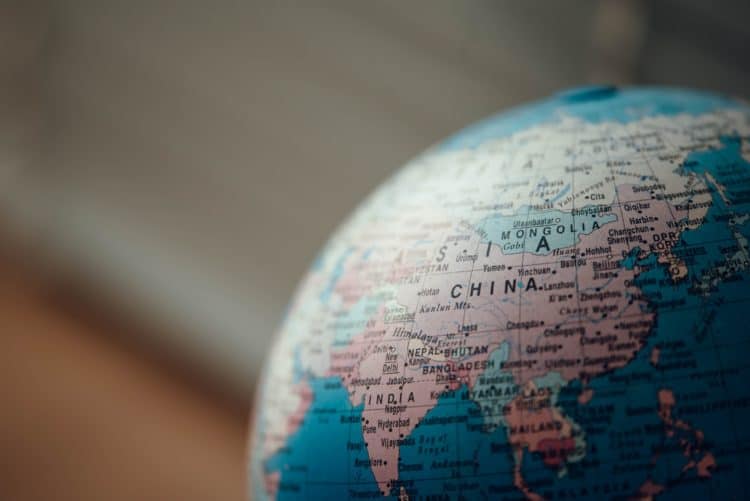Refinancing conditions for most firms in Asia (excluding Japan) will be supportive as economic activity recovers gradually from the pandemic and central banks stay accommodative, said Moody’s recently.
However, risks remain over an unbalanced recovery and path back to pre-pandemic levels, the credit rating agency added.
Investment-grade companies in Asia (ex Japan) are likely to retain funding access given their good creditworthiness, according to Moody’s adding that high-yield companies with weak credit quality and liquidity by contrast are vulnerable to sudden investor sentiment shifts and changes in capital flows that affect their market access.
“Most rated Asian companies will be able to address their maturities as credit conditions improve in 2021, and given the high pace of issuance in recent years,” said Gloria Tsuen, a Moody’s Vice President and Senior Credit Officer.
Investment-grade companies account for 75% of the total bond maturities through 2025, Moody’s pointed out.
Bonds denominated in local currencies also have lower refinancing risks because companies tend to have better funding access to domestic markets, the firm noted.
Low-rated (B2 or below) companies face a greater refinancing risk, but these companies account for only 4% of total bond maturities and 16% ($51 billion) of the high-yield maturities through 2025, Moody’s observed.
China’s property sector dominates high-yield maturities, according to the company.
Despite tightened onshore credit conditions in China, most of the rated Chinese developers will maintain their access to funding, Moody’s said.




